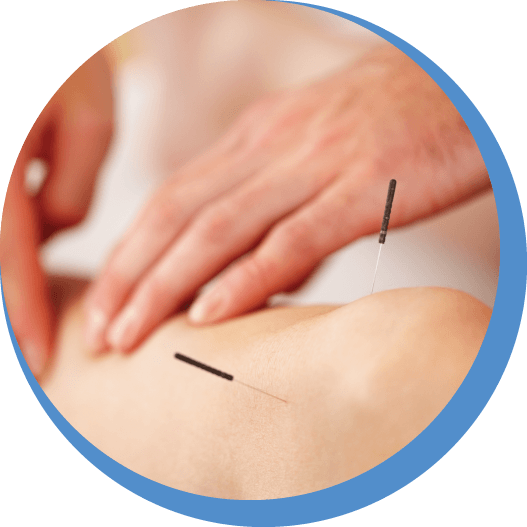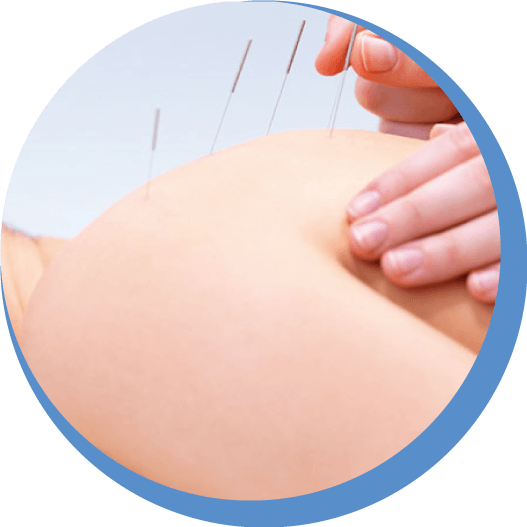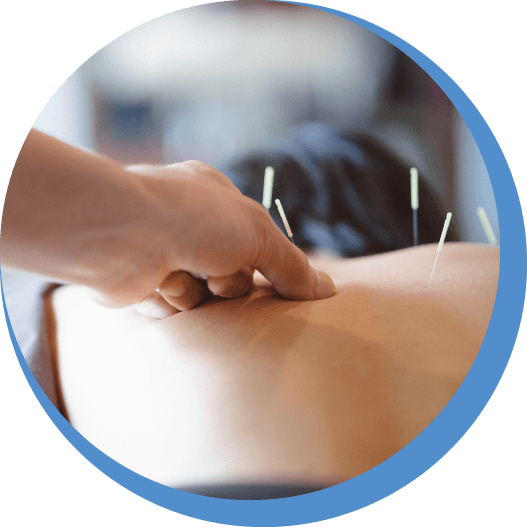Medical Acupuncture
What Do Acupuncturists Commonly treat?
- Back pain
- Sciatica
- Slipped or herniated disc
- Neck pain
- Headaches and Migraines
- Whiplash
- Posture related problems
- Sports injuries
- Arthritis
- Rib injuries
- Shoulder impingement
- Frozen shoulder
- Tennis elbow
- Golfers elbow
- Carpal tunnel syndrome
- Repetitive strain injury
- Hip tendinitis or bursitis
- Knee ligament sprains
- Knee meniscal tears
- Foot conditions
- Pregnancy related back pain
- Trapped nerves
- Ligament sprains
- Muscle tension and strain
- Ankle sprains
- Plantar fasciitis
- Achilles tendinitis
What is Medical Acupuncture
Acupuncture is a therapeutic treatment, involving the insertion of fine needles, it is the adaption of Chinese acupuncture using the latest knowledge of anatomy, physiology and pathology and the principles of evidence based medicine helping the body to improve functioning of muscles and joints.
Acupuncture is mainly used to treat musculoskeletal pain, including myofascial trigger point pain. The acupuncture treatment itself involves fine needles being inserted through the skin and briefly left in position at very precise acupuncture points.


How does Acupuncture treatment work?
Needling the acupuncture points stimulates the nervous system to release chemicals in the muscles, spinal cord, and brain. These chemicals will either change the experience of pain, or they will trigger the release of other chemicals and hormones which influence the body’s own internal regulating system.
The improved energy and biochemical balance created by acupuncture results in stimulating and increasing blood flow to the muscles and joints to reduce pain, loosen tight muscles and increase joint range of movement.
Side-effects of Medical Acupuncture
Some patient’s may experience mild pain where the needles puncture the skin, bleeding or bruising where the needles puncture the skin, drowsiness, feeling sick, dizzy or faint. Because of the slight risk of bleeding, people with bleeding disorders such as haemophilia, or people taking medication to prevent blood clotting (anticoagulants), may not be able to have acupuncture treatment. Sometimes the original symptoms worsen for a few days, or other general changes in appetite, sleep, tiredness, bowel or urination patterns, or emotional state may be caused indicating that the acupuncture is starting to work.
For more information please contact the acupuncturist in Ashford or Dover, Kent.

Osteopathic Treatments are covered by Private Health Insurance






